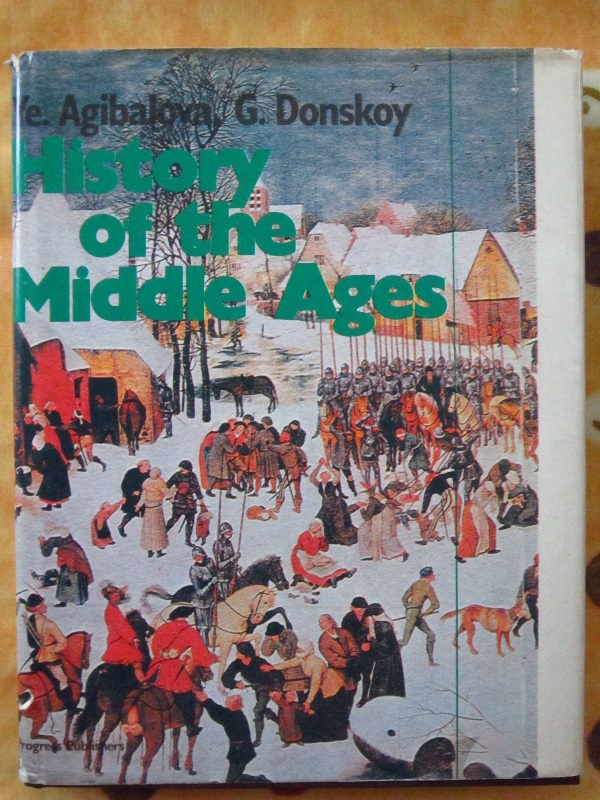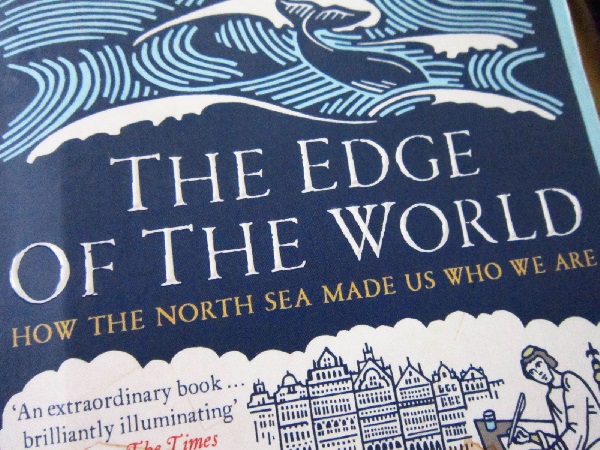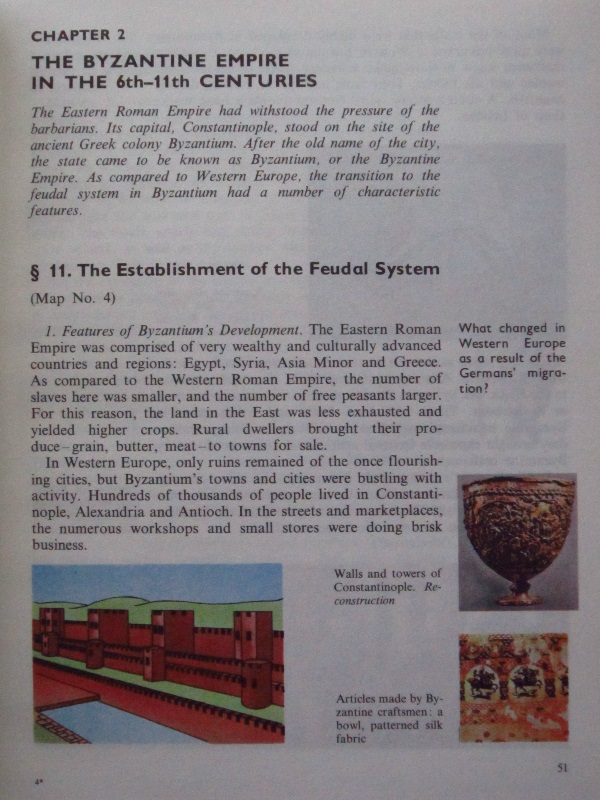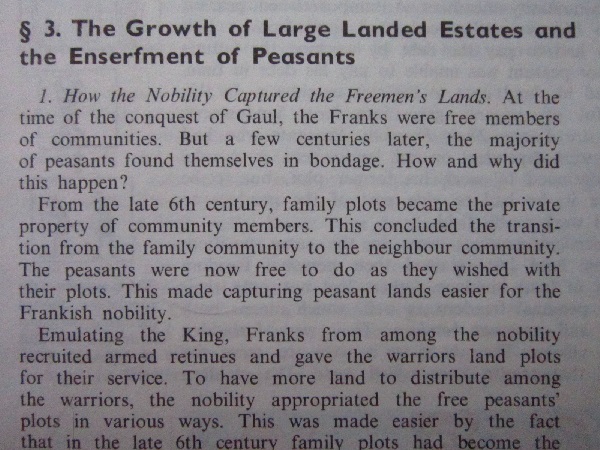Now Reading
Filed Under: Reading
I just finished reading Michael Pye’s The Edge of the World: How the North Sea Made Us Who We Are. This took a bit longer than expected because I lost the book when I was ten pages from the end and couldn’t find it for weeks until it eventually turned up in my mum’s office room1. Weird how things can just vanish and reappear. Anyway, I enjoyed it! It’s a sweeping overview of the growth of trade and interconnectedness in northern Europe and the shifts in culture that came along with it. It goes from the fall of the Roman Empire up to the dawn of the modern era, taking in all kinds of interesting bits like the rise of the Frisian trade network, which spread commerce across the North Sea, and the plague laws, which contributed to the creation of the modern nation-state. There’s too much contained within to talk about here, and usually it’s an engrossing read, but I don’t think I can recommend reading it cover-to-cover the way I did. There’s a little too much fluff, or occasional sidetracks into details which are interesting but slow down the pace a bit. So maybe this book is better suited for dipping in and out of, skimming through sections until something catches your eye.
I’m now reading a book I found on the charity exchange bookshelf at my GP practice. It was a lucky find, and I only noticed it because I was in a queue for the front desk and its colourful binding made it stand out. It’s probably the most esoteric thing I’ve read all year.

History of the Middle Ages is a Soviet Russian school textbook translated into English, and it’s rather different from the history textbooks I had in school. Not just because it’s a beautifully illustrated hardcover and sort of old-timey compared to the school textbooks of today, but because (so far) it has a whole different slant in terms of the specific history it’s trying to tell. Instead of focusing on the deeds of different kings and who they married and who fought who, it’s much more interested in class politics, running a thread through time and trying to show how the feudal system formed, what things were like before and how it led into the future of class oppression. It’s not just “There were knights who were loyal to the king and had land,” it’s, “…and peasants were subjugated by the ruling class in these specific ways…” If that makes sense. Like, these are the names of the three parts the book is broken into: “Establishment of the Feudal System,” “The Development of the Feudal System” and “The Feudal System Begins to Decline. Capitalist Relations Take Shape.”
Here’s a quote:
“For over 30 years, the Saxons fought valiantly for their freedom. Then Charlemagne managed to win the Saxon nobility over to his side, generously endowing them with land. The Saxon nobles began to support the invaders in the struggle against their own people. Their treachery allowed Charlemagne to subjugate the Saxons.”
I’ll let you know how it shapes up as I read further. I’m pretty excited.
I might see if I can find a copy of the first book in the series, History of the Ancient World. Probably difficult to find! Although, hey, I found less-nice-looking a copy of this one on Amazon, so there may yet be hope.
-
Yeah, I’m still living in my mum’s house. No, not in the basement. There isn’t one. ↩


